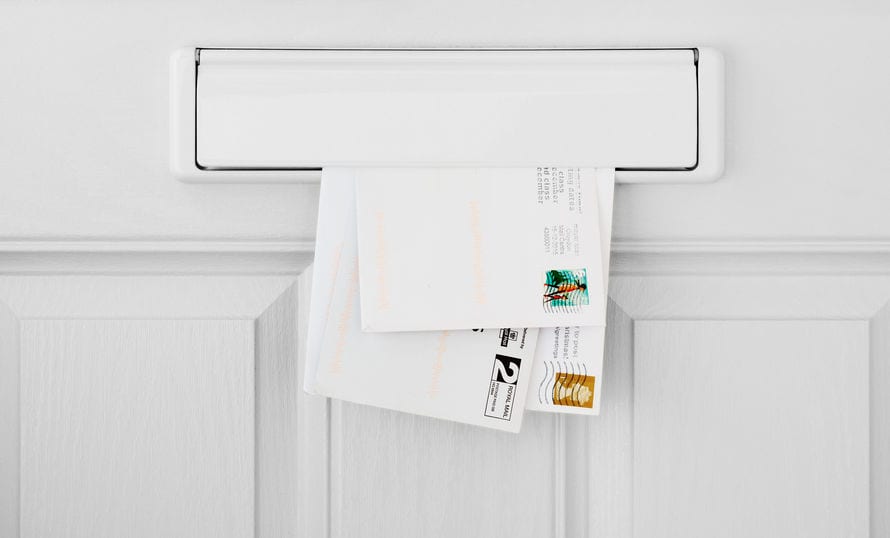The IRS assesses penalties for late, incomplete, and incorrect S Corp and partnership business tax returns. If you are an impacted business, the IRS sends you IRS Notice CP162. Note that the IRS also sends this notice to Real Estate Mortgage Investment Conduits (REMIC) considered as partnerships.
Penalties for unpaid business taxes can be significant and usually accumulate if you ignore the notice. Read on to find out more about IRS Notice CP162.
What Is IRS Notice CP162?
IRS Notice CP162 is a letter from the IRS to notify partnerships, S Corps, and REMICs that penalties were assessed for failure to file a timely return or complete a tax return. The notice may also include a penalty if you filed a paper tax return when the IRS required you to e-file your business return.
The notice specifies the amount you owe and outlines how to be compliant going forward.
What Is the Penalty Amount for Partnerships and S Corps Who Don’t File Taxes on Time?
IRS Notice CP162 penalties are calculated from the number of a business’s partners and not the amount of a business’s total profits. You will pay extremely high penalties that could exceed the income of your partnership or S Corp.
The following is a breakdown of Notice CP162 penalty amounts:
- In 2022, partners who filed late returns and those who filed incomplete returns paid a penalty of $210 per partner per month. The IRS assessed the penalties for 12 months. For example, if you have a 3-member partnership and file 1 month late, your CP162 penalty is $630.
- The IRS requires partnerships with more than 100 members to e-file. In 2022, a failure to e-file resulted in a penalty of $260 for every member over 100.
Keep in mind that the IRS adjusts these penalties annually based on inflation. The penalties may also increase when the IRS update tax codes.
When are Partnership and S Corp Returns Due?
Generally, partnership and S Corp tax returns are due on the 15th day of the third month following the end of a tax year (usually March 15). If you need more time to prepare your business return, consider filing an extension using Form 7004. If approved, the IRS will extend your return deadline by 6 months (usually September 15).
What Is the Deadline to Respond to a CP162 and/or Pay the Penalty?
If you received the notice because you did not file a return or filed an incomplete return, file ASAP or provide the IRS with the missing information it needs to complete your return. The deadline to respond to a CP162 is 21 days from the notice date. If you agree with the penalties assessed, mail your full payment to the IRS within three weeks.
How to Respond to Notice CP162
As mentioned earlier, the appropriate way to respond to Notice CP162 depends on your specific situation.
The following is a brief guide on how to respond to this IRS notice:
- Unfiled S Corp/Partnership Return: File the return as soon as possible. Afterward, pay the taxes and any penalties in full. If you cannot pay the taxes, you can request penalty abatement one time.
- Late S Corp/Partnership Return: Pay the late penalty as soon as possible or request abatement.
- Incomplete S Corp/Partnership Return: Provide the IRS with the missing information as soon as possible. If you cannot find all the details, submit a written explanation.
- Failure to e-file: Pay the penalty or provide proof you are not required to e-file.
What Should Your CP162 Response Letter Include If You Disagree with the Notice?
If you disagree with the IRS, consider sending a response to dispute your notice. Your CP162 response letter must include sufficient evidence to support your argument. For example, if you are disputing a penalty for failure to e-file, you need to provide evidence that your partnership has fewer than 101 members or a copy of your e-file waiver.
If the penalty is for late filing, provide proof you mailed the return on time or filed an extension.
Can You Pay IRS CP162 Online?
Yes, you can pay IRS CP162 penalties online through the EFTPS system. The EFTPS is a free payment platform offered by the US Treasury Department to help taxpayers conveniently pay taxes online.
Does the IRS Offer CP162 Penalty Abatement?
Yes, the IRS typically offers CP162 penalty abatement for first-time offenders. Penalty abatement is a request for the IRS to remove the penalty assessed. The IRS considers facts and situations related to your finances to decide whether to grant abatement or not.
No matter the reason for receiving a CP162 notice, always respond to the IRS as soon as possible. As mentioned earlier, failure to respond to the notice results in additional penalties and IRS collections.
If you receive a CP162 and need help to file a business return or request penalty abatement, schedule a free consultation to see exactly how we can help.
6 Simple Questions. Free Evaluation.

